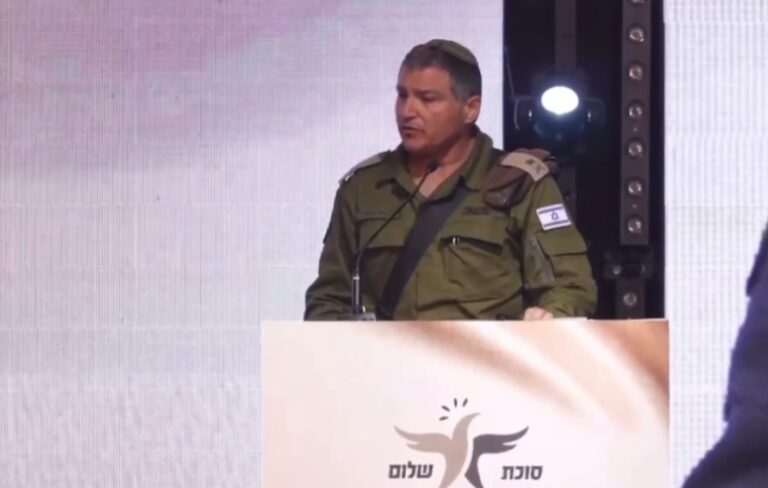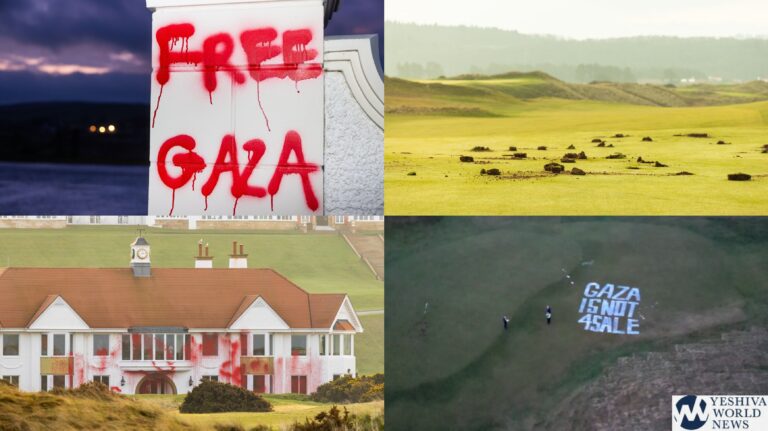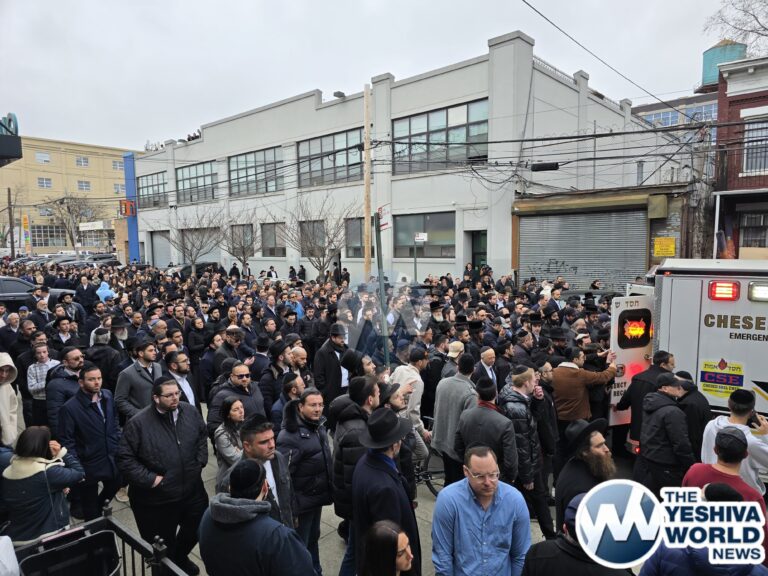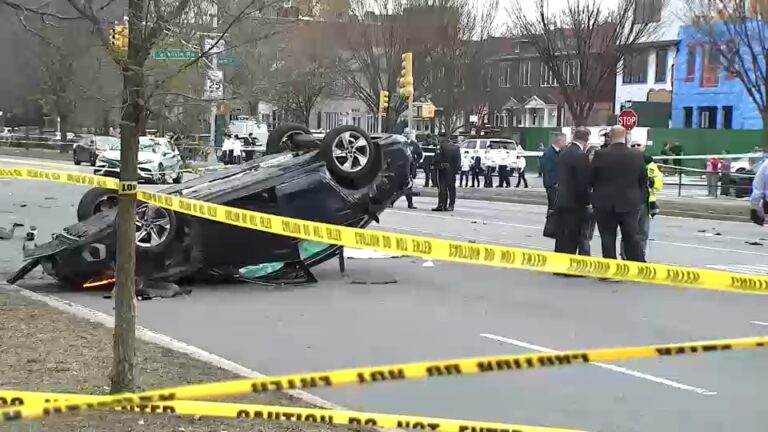The decision about who will succeed Jewish Community Council of Montreal (JCC) chief rabbi Avraham David Niznik after his death last week will “not be rushed into,” but Rabbi Yonasan Binyman Weiss, who was brought in one year ago from Bnei Brak, Israel, to assist Rabbi Niznik, is among those who will be “considered,” Rabbi Saul Emanuel, executive director of the JCC, or Vaad Ha’ir, said.
“There is no decision for a successor,” Rabbi Emanuel told The CJN last week. “We will wait for the rabbis of the community to meet.”
Rabbi Weiss, who was born in the United States and is only 58, had been assisting Rabbi Niznik as segan av, or deputy head, of the beit din.
Rabbi Emanuel indicated the choice of successor would be made in a timely and judicious manner.
Rabbi Niznik passed away from cancer Nov. 30 at age 85 after more than 50 years with the Vaad.
He was only the institution’s second chief rabbi and served for eight years, having been appointed following the January 1998 death of Rabbi Pinchas Hirschprung, the Vaad’s first chief rabbi, who had held the post since 1969. The Vaad was founded in 1922.
Rabbi Niznik “ate, slept and drank the Vaad,” Rabbi Emanuel said. “He devoted himself completely. He was the ‘Vaad mensch.’ He listened to anybody.”
Perhaps most significantly, Rabbi Emanuel suggested, Rabbi Niznik served as a force for conciliation within the haredi community.
“He was a strong-minded person,” Rabbi Emanuel said, “decisive, not afraid to take a stand. He was a strong leader with the ability to bring rabbis together.”
“He represented one of the last in the line of great, European-trained rabbis,” said Rabbi Reuben Poupko of the Beth Israel Beth Aaron Congregation. “He was a great scholar.”
As the “senior judge” of the beit din (rabbinical court), the JCC said in a statement, Rabbi Niznik oversaw the Council of Rabbis and made the “major decisions” in the community regarding kashrut and kosher food certification, beit din arbitration, and Jewish family law issues, such as divorce.
Rabbi Emanuel remembered a specific, controversial get case in which Rabbi Niznik’s intervention with the secular court wielded significant influence.
Rabbi Harry Kaufman, for many years a part of the Vaad leadership, saw Rabbi Niznik primarily as a great halachic and talmudic scholar and educator.
“He taught Torah all his life,” Rabbi Kaufman said, “Young students, advanced students – he covered all areas of Jewish life and sought to instill an awareness of Jewish commitment through the Torah.”
Rabbi Kaufman noted that Rabbi Niznik taught at a number of schools – among them Hebrew Academy and Yeshiva Gedolah Merkaz Hatorah, and Rabbi Kaufman’s own synagogue, Young Israel of Montreal – and was a “pioneer in his field.
“He fulfilled his role as a mediator and conciliator and encourages a sense of unity in the community,” he said.
According to the 1965 edition of Who’s Who in Canadian Jewry, Rabbi Niznik was born in Wysokie-Mazowiek, Poland, the son of Yosel and Alta.
His education included the Baronowicz Yeshiva under the renowned goan Alchonan Wasserman and the Mirer Yeshiva under the esteemed Rabbi Eleazar Finkel.
Like several rabbis who eventually settled in Montreal, including Rabbi Leib Kramer and Rabbi Hirschprung, Rabbi Niznik escaped almost certain death in the Holocaust during the early 1940s because of the efforts of Sempo Sugihara, a Japanese diplomat who issued thousands of exit visas to Lithuanian Jews.
Rabbi Niznik’s visa led him to Shanghai, China, where he lived out the war and authored Torah Or, a Talmud commentary.
He then went to France, where during the late 1940s he became dean and founder of the yeshiva in Versailles and a Talmud professor under French chief rabbi, Julien Weill.
From 1949 until 1953, Rabbi Niznik headed the Eitz Chayim Yeshiva in Antwerp, Belgium. He then moved to Montreal, where he was rosh yeshiva at Yeshiva Gedolah Merkaz Hatorah, spiritual leader of Pinsker Kenyan Torah Congregation and Tzierey Dath V’Dath, was rabbi at Congregation B’nai Jacob, served as president of the Agudath Israel Movement, and from the mid-1950s on, joined the JCC’s Vaad Harabonim.
Funeral services last Sunday were held at the Young Israel of Montreal synagogue. Afterwards, a funeral cortège stopped briefly before Vaad headquarters on Decarie Boulevard before Rabbi Niznik’s interment at the Baron de Hirsch Cemetery on De la Savane.
Rabbi Niznik was predeceased by first wife Zyna Segal and son Hyman. He is survived by his second wife, Leah.










